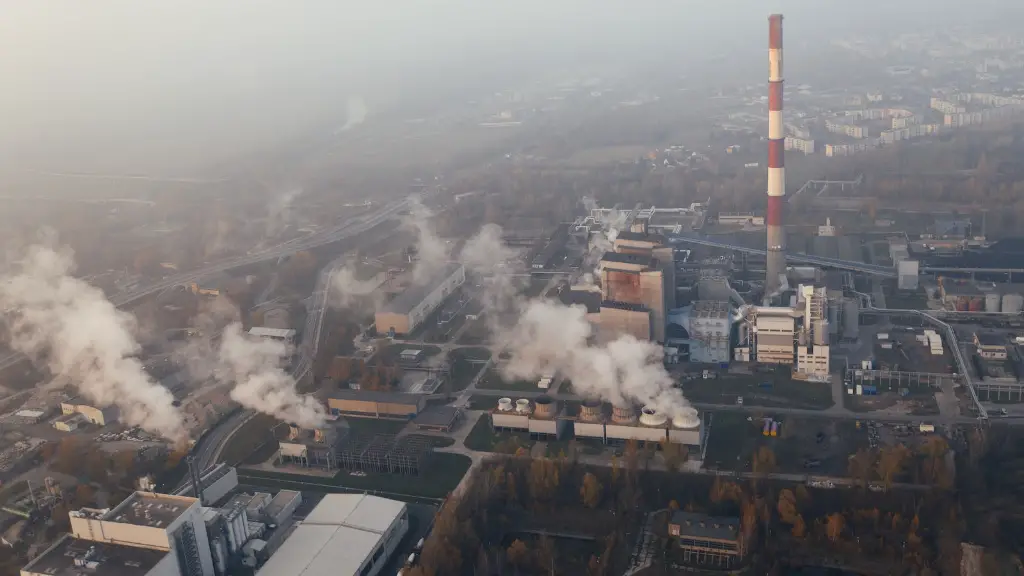Global warming is one of the greatest challenges humanity is facing in the 21st century, yet despite the alarming consequences of global temperature rise and the potential destruction it may cause, most governments and individuals are unwilling to take bold and sustained action.
The science behind global warming is well-documented and increasingly accepted. Anthropogenic activities, especially from human-made emissions, have contributed significantly to the current climate crisis, with carbon dioxide and other greenhouses gases trapping heat in the atmosphere and leading to unprecedented global temperature increases. Studies have shown that without aggressive action, the world would become hotter by an average of two degrees by the end of the century and could lead to greater risks to public safety, extreme weather, and crop failure. The devastating and far-reaching impacts of global warming are therefore clear, and the need to do something to stop it is paramount.
Despite this, the world has failed to really act with concerted effort. International treaties such as the Paris Agreement are making sure countries are struggling with their emissions and energy sources, but in many cases, these are not inspiring real action. Due to a lack of economic incentives, the market does not have the motivation to invest in renewable energy sources and energy-efficiency measures, leaving the world with few effective solutions.
Furthermore, the financial resources necessary to help reduce emissions and adjust to the current effects of global warming require government investment and support that many countries are not willing to allocate. This leaves some of the most vulnerable populations and nations, who are most likely to suffer from the consequences of global warming, with no aid and no help in their fight against it.
On an individual level, it is important to remember that global warming is caused by all of us, and that each one of us can contribute to its solution. While governments must set ambitious goals and encourage people to switch to sustainable practices, individuals can also play a crucial role by engaging in daily practices such as recycling, driving smaller cars, and reducing packaging and disposal of non-recyclable items. Additionally, decrease in meat consumption and the use of energy-saving technologies, in the home and office, are also key strategies that can help us mitigate the effects of global warming.
Moreover, citizens must come together and raise awareness about global warming in their communities, encouraging governments and business leaders to invest in structural and effective changes. Initiatives such as demonstrations, petitions, and campaigns highlighting the need for governments to take action can be effective in placing pressure on politicians and other stakeholders to take notice and consider the implications of global warming for our future.
All in all, global warming is one of the most pressing issues that the world is dealing with. Despite recognition of the dangers it poses, governments and individuals are lagging in their commitment to take meaningful action. If we want to secure a more sustainable and safe future, we must all strive to limit the negative effects of global warming. The clock is ticking and bold action must be taken now.

